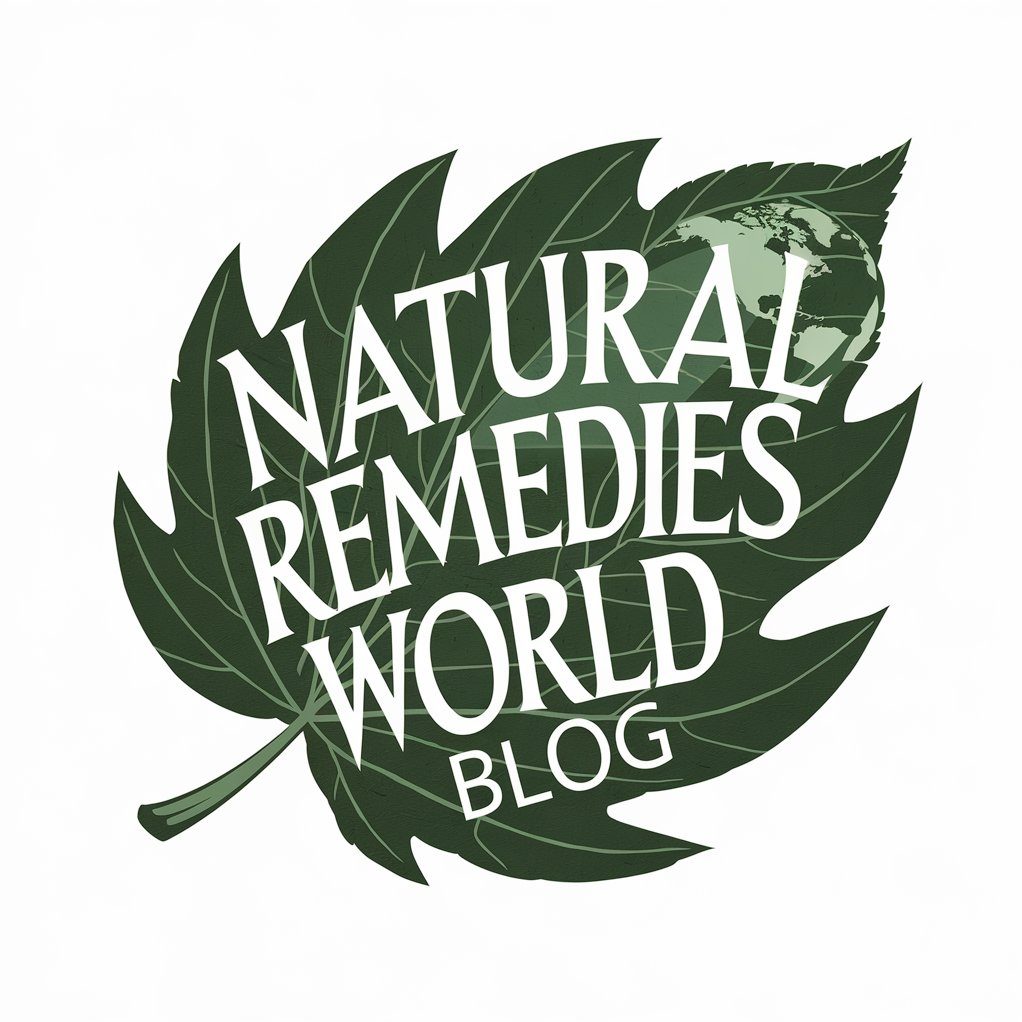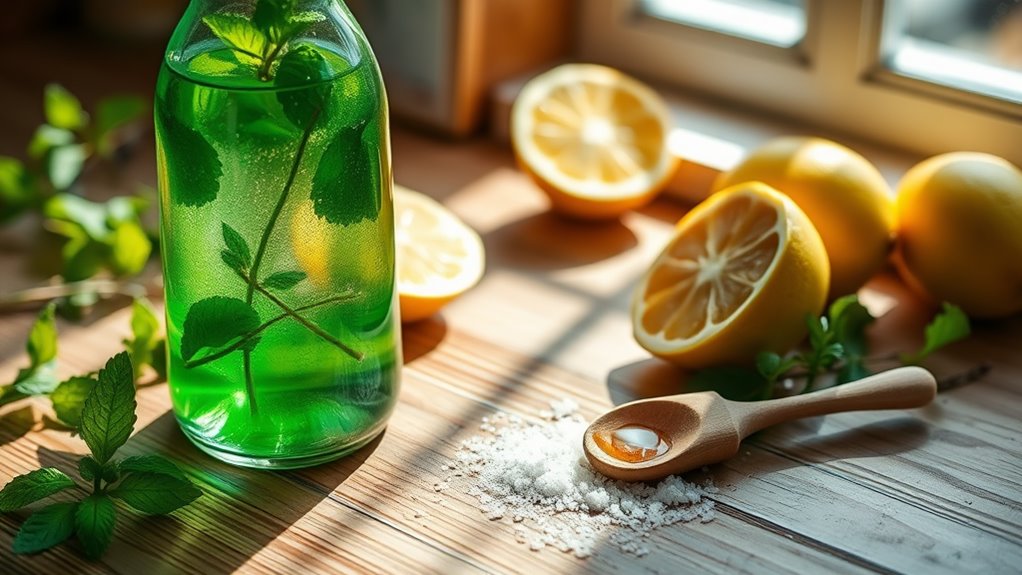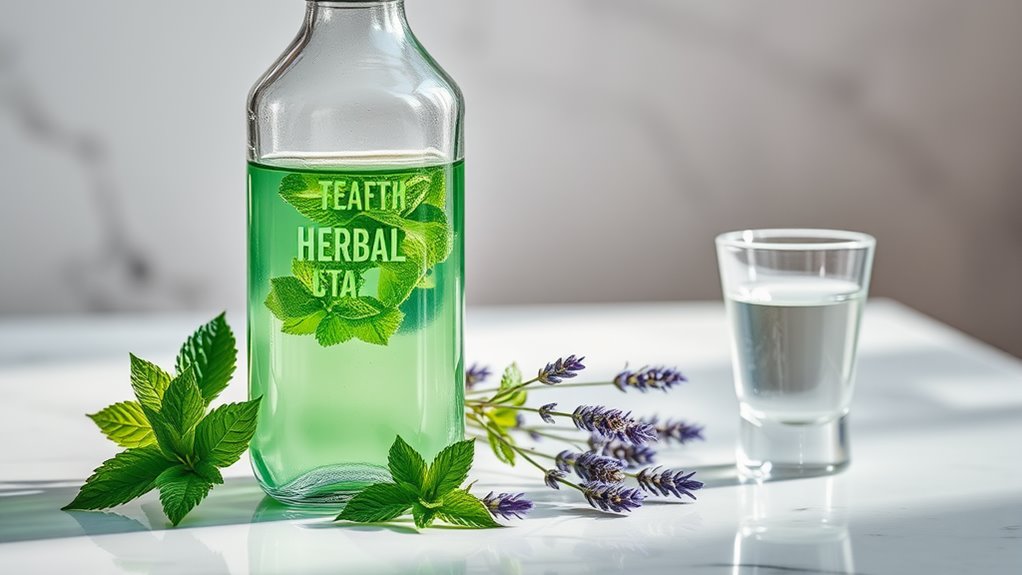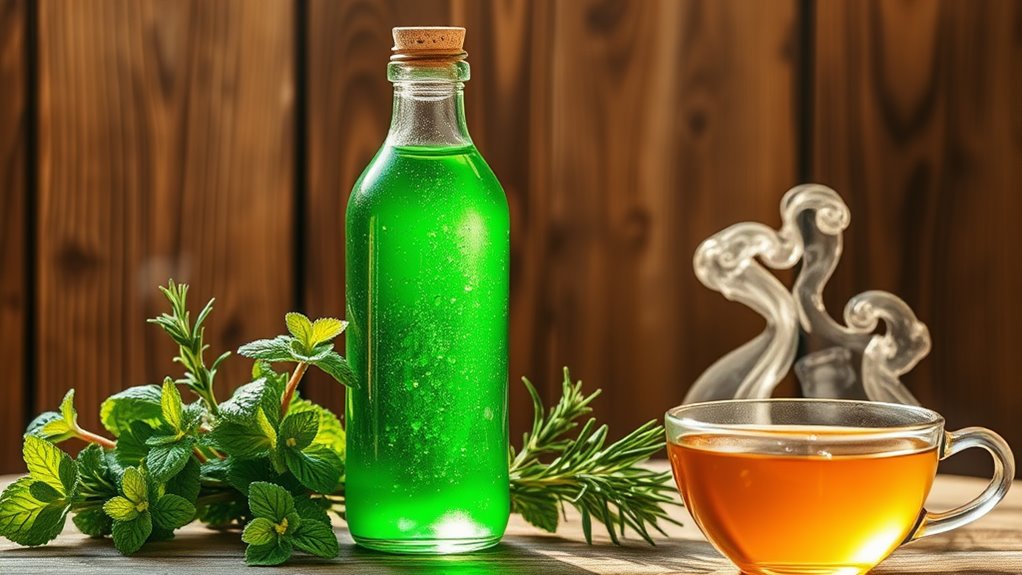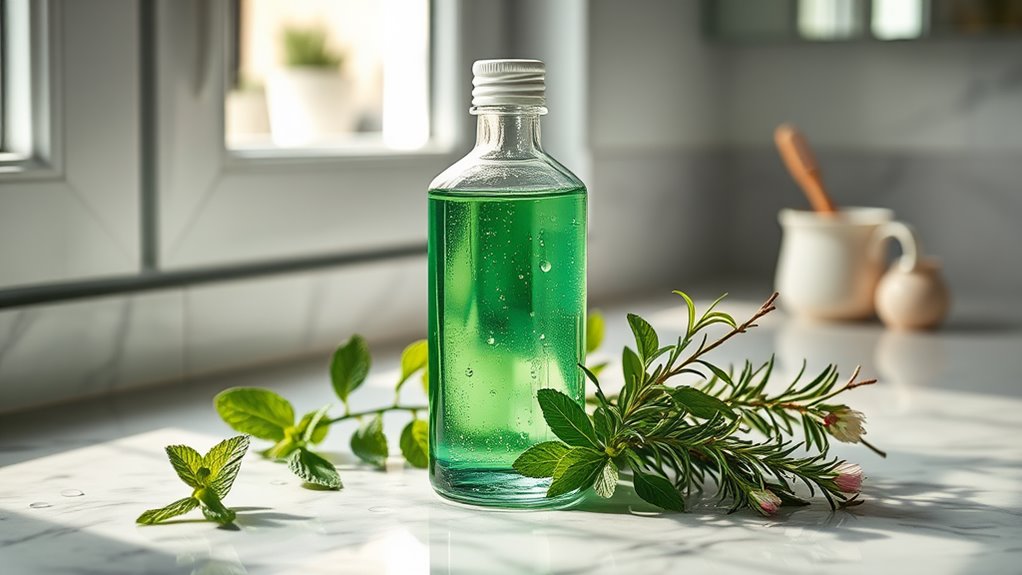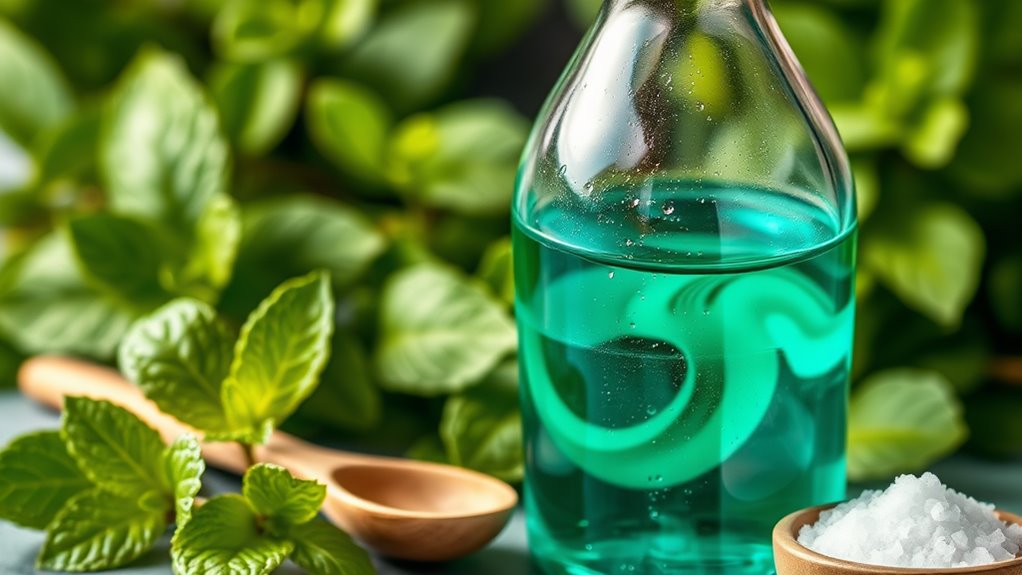Tired of Smelly Breath. Try This Homemade Mouthwash Today!
Tired of smelly breath? You can easily whip up a homemade mouthwash that fights odors! Just mix one cup of warm water, one teaspoon of baking soda, and half a teaspoon of salt. Stir until dissolved, and swish about one tablespoon for 30 seconds. You can even add essential oils for extra flavor! This quick fix not only freshens your breath but can also boost your confidence. There’s so much more to explore about maintaining that fresh feeling!
Understanding Bad Breath: Causes and Remedies
Bad breath, or halitosis, can be an embarrassing issue that affects your confidence and social interactions. You mightn’t even realize it’s happening until someone hints at it.
Common causes include poor oral hygiene, certain foods like garlic and onions, dry mouth, or underlying health issues. To combat this, start by brushing and flossing regularly, and don’t forget your tongue!
Staying hydrated helps too, as it encourages saliva production, which naturally fights odor. Chewing sugar-free gum can be a quick fix when you’re out and about.
Key Ingredients for Homemade Mouthwash
Creating your own mouthwash can be a simple and effective way to maintain oral hygiene and combat bad breath. The right ingredients can make all the difference. Here’s a quick look at some key components you might want to consider:
| Ingredient | Benefits | Usage |
|---|---|---|
| Baking Soda | Neutralizes odors | 1 teaspoon per cup water |
| Essential Oils | Freshens breath, antibacterial | 3-5 drops in water |
| Aloe Vera Juice | Soothes gums, hydrates | 1-2 tablespoons in mix |
These ingredients not only help fight bad breath but also promote overall dental health. You’ll feel more confident when you know you’re using natural solutions that work!
Step-by-Step Guide to Making Your Mouthwash
Making your own mouthwash is a straightforward process that anyone can tackle in just a few minutes.
Start by gathering your key ingredients: water, baking soda, and salt. In a clean container, mix one cup of warm water with a teaspoon of baking soda and half a teaspoon of salt. Stir until both dissolve completely.
Once mixed, pour the solution into a bottle for easy use. You can store it in the fridge for freshness.
To use, swish a small amount in your mouth for about 30 seconds, then spit it out. You’ll feel an instant boost in freshness!
This simple recipe not only saves money but also connects you with others who appreciate natural solutions for oral care.
Flavoring Your Mouthwash: Natural Additions
While you might enjoy the simplicity of your homemade mouthwash, adding natural flavors can elevate the experience and make it even more refreshing.
You can easily customize your mouthwash with ingredients like peppermint or spearmint essential oils for a cool, invigorating taste. A few drops will make a world of difference!
If you prefer something sweeter, consider adding a hint of vanilla extract or a splash of citrus juice for a zesty twist.
Herbal infusions, like chamomile or green tea, not only enhance flavor but also offer additional benefits.
Experiment with these natural additions, and soon you’ll have a mouthwash that not only freshens your breath but also reflects your personal taste.
You’ll feel proud to share it with friends!
Proper Usage and Application Tips
Once you’ve flavored your homemade mouthwash to your liking, it’s important to use it correctly for maximum effectiveness.
Start by swishing about one tablespoon in your mouth for 30 seconds. Make sure to cover all areas, including between your teeth and along your gums.
Don’t forget to breathe through your nose while swishing, as it helps you relax and enjoy the process.
Afterward, spit it out; don’t swallow it, as it contains ingredients meant for rinsing, not consumption.
For best results, use your mouthwash twice daily—after brushing in the morning and before bed.
This routine will keep your breath fresh and boost your confidence, allowing you to connect with others more freely. You’ll feel great sharing smiles!
Storing Your Homemade Mouthwash Safely
To ensure your homemade mouthwash stays effective, it’s essential to store it properly. First, choose a clean, airtight container—ideally glass or BPA-free plastic. This keeps out unwanted bacteria and preserves the ingredients.
Avoid direct sunlight; instead, place it in a cool, dark area, like a cupboard or pantry. If you notice any change in color or smell, it’s best to discard it and make a fresh batch.
Remember, homemade mouthwash typically lasts about two weeks, so mark your calendar for when it’s time to whip up a new one.
Additional Tips for Maintaining Fresh Breath
Maintaining fresh breath goes beyond using mouthwash; it involves a combination of good oral hygiene and smart choices throughout your day.
Start by brushing your teeth at least twice daily and flossing regularly. This helps eliminate food particles and plaque that cause bad odors. Drinking plenty of water keeps your mouth hydrated and washes away bacteria.
Chewing sugar-free gum can also stimulate saliva production, which naturally combats bad breath. Avoid strong-smelling foods like garlic and onions, especially before social gatherings.
Lastly, don’t forget to clean your tongue, as bacteria can build up there too. By integrating these habits into your routine, you’ll not only feel confident but also foster a sense of connection with those around you.
Frequently Asked Questions
How Often Should I Use Homemade Mouthwash?
You should use homemade mouthwash twice a day for the best results. It helps freshen your breath and maintain oral health. Just make it part of your daily routine, and you’ll feel great!
Can Homemade Mouthwash Replace Regular Dental Hygiene?
Homemade mouthwash can’t replace regular dental hygiene. You still need to brush and floss daily to keep your teeth healthy. Use mouthwash as a supplement, not a substitute, for your oral care routine.
Is Homemade Mouthwash Safe for Children?
Homemade mouthwash can be safe for children if you use gentle ingredients. Always check for allergies and avoid strong flavors or alcohol. It’s best to consult your dentist for personalized advice tailored to your child’s needs.
What if I’m Allergic to One of the Ingredients?
If you’re allergic to an ingredient, it’s best to skip that homemade mouthwash recipe. Instead, consider alternatives that use safe ingredients or consult your doctor for personalized recommendations that suit your needs. You’ve got options!
Can I Use Essential Oils in My Mouthwash?
Absolutely, you can use essential oils in your mouthwash! Just ensure they’re food-grade and safe for oral use. Add a few drops for flavor and potential antibacterial benefits, but don’t overdo it—moderation’s key!
